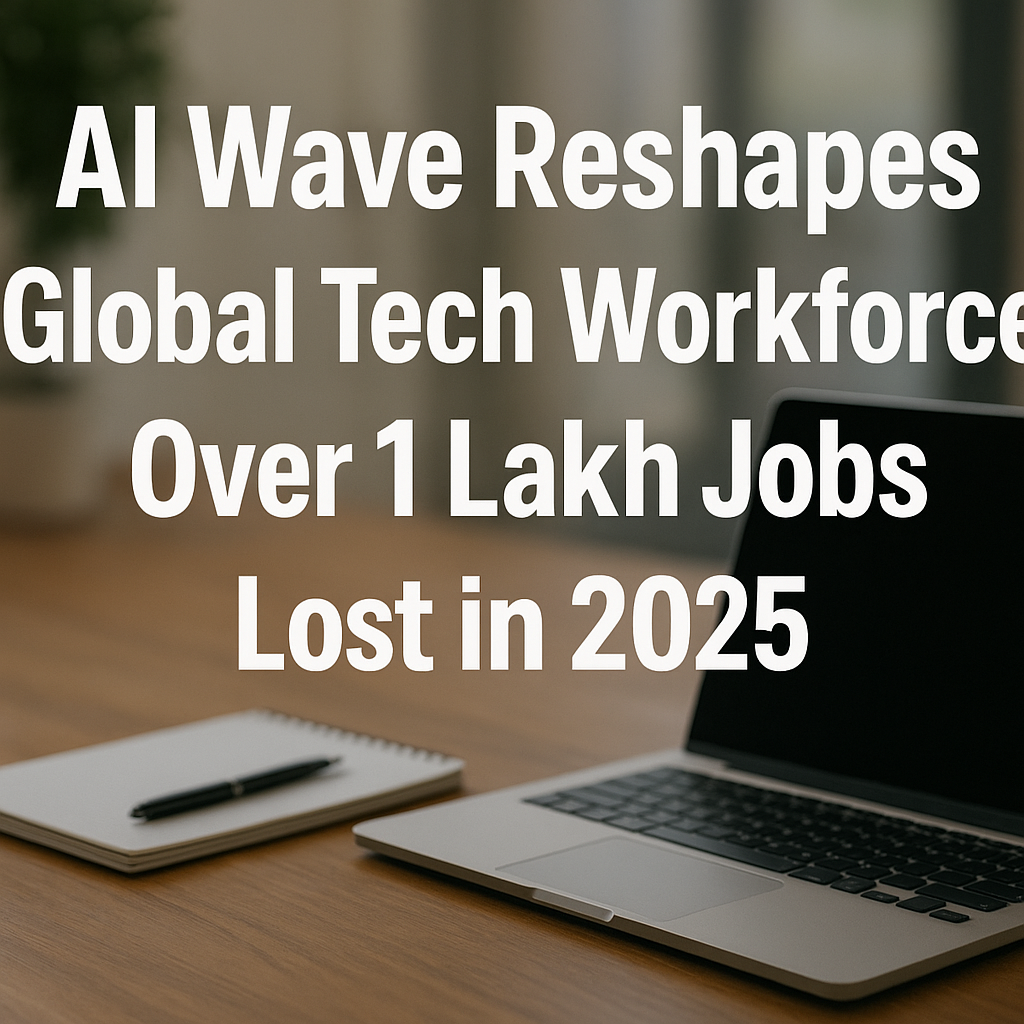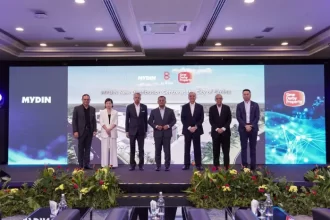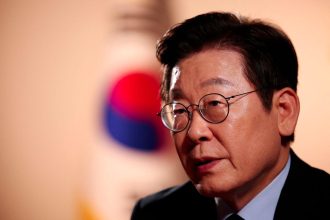The global tech industry is undergoing one of its most dramatic shifts in decades. More than one lakh employees have already lost their jobs across 218 tech companies in 2025, as firms worldwide accelerate their move toward artificial intelligence, automation, and leaner business models.
From Silicon Valley to Bengaluru, established tech giants are rethinking how they operate. After years of rapid hiring during the pandemic, companies are now prioritizing efficiency and AI-driven growth. According to data from Layoffs.fyi, this restructuring wave reflects a deeper evolution sweeping across the digital economy.
Intel has made the largest single cut so far this year, laying off nearly 24,000 employees — around 22 percent of its global workforce. This decision spans facilities across the U.S., Germany, Costa Rica, and Poland, as the company positions itself to compete more aggressively with Nvidia and AMD in advanced chip and AI technologies.
Amazon followed, eliminating roughly 14,000 corporate roles across operations, HR, and cloud divisions. CEO Andy Jassy described the decision as necessary to keep Amazon agile and focused on expanding its AI capabilities, aiming to operate with the urgency and efficiency of a startup.
Microsoft, meanwhile, has cut about 9,000 jobs in multiple rounds as it doubles down on AI innovations and strengthens its cloud offerings. Google and Meta also trimmed roles in key divisions, including Android, hardware, and AI, citing the need to streamline operations and reduce overlapping functions. Oracle has taken similar steps, cutting hundreds of U.S.-based jobs while intensifying its push toward AI-powered cloud services.
India, a global tech talent hub, has not been spared. Tata Consultancy Services (TCS) reported its steepest quarterly workforce reduction, letting go of around 20,000 employees in the July–September 2025 period. The company attributed the cuts to AI-led restructuring and a growing skills gap, marking its most significant contraction since 2022.
Behind every number is a life, a family, a dream. As technology evolves, the world is reminded that progress must consider people too. While industries innovate, this moment challenges leaders everywhere: how do we build a future where human talent grows alongside machines, not behind them? It is a call for workers to reskill, for universities to rethink learning, and for companies to innovate responsibly. In this transformation, humanity must remain at the center.








